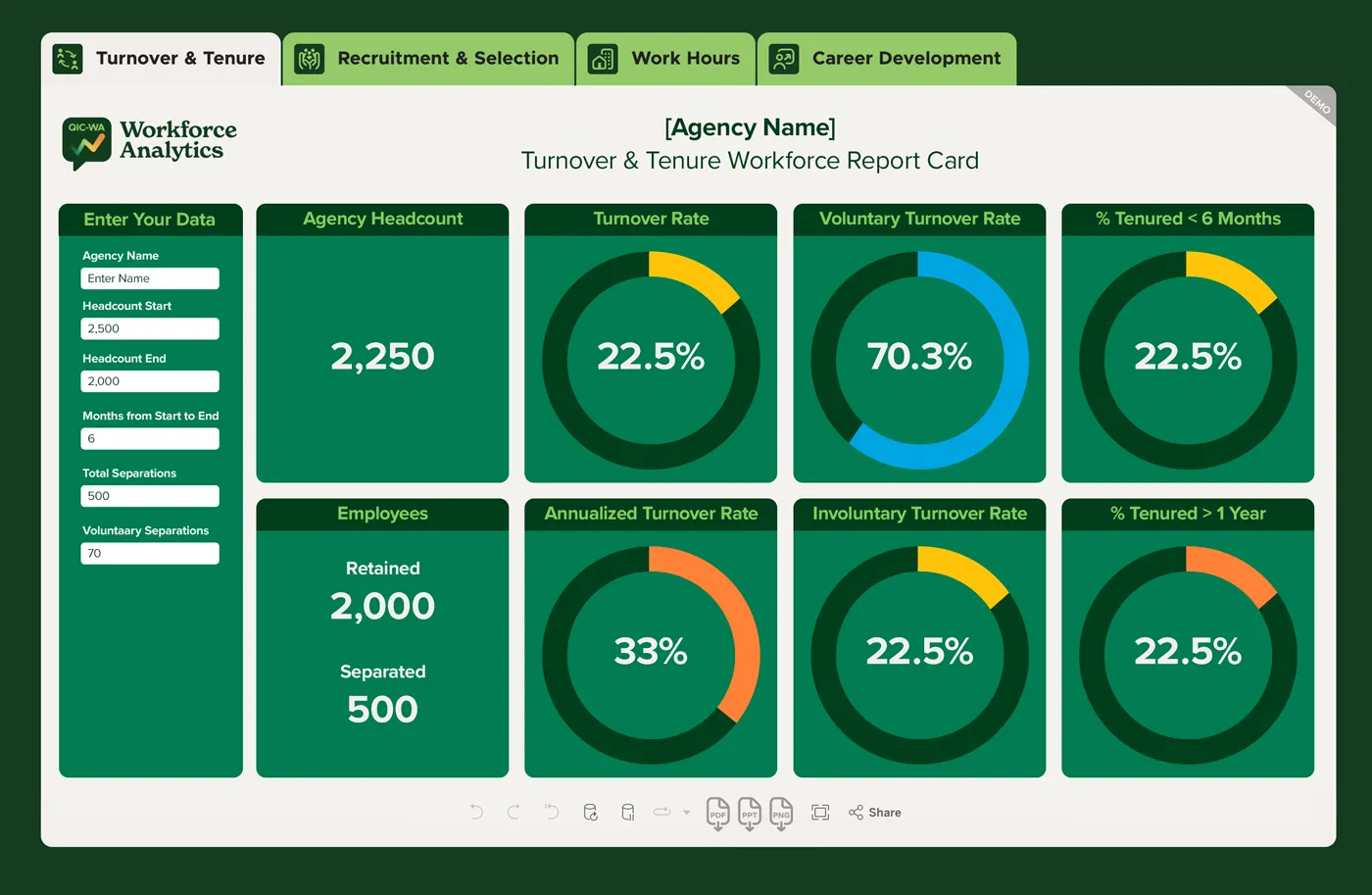
An analytical look at the challenges of workforce retention in social work
Puerto Rico’s social welfare system is facing a shortage of human resources. Recently, the Department of Family Affairs has taken action to address this situation, launching a call to recruit 350 social workers—an admirable effort to fill the staffing needs of this vital government agency.
This issue is not unique to Puerto Rico. In 2023, the U.S. Bureau of Labor Statistics projected an annual shortfall of 74,000 social workers over the next decade. This raises urgent questions. Given their essential but delicate role, how do we care for our social workers? How do we retain them?
Grupo Nexos has joined a national initiative in the United States to gather data that helps identify the factors influencing the retention of social workers who handle child and family cases, and to determine which areas require urgent attention to safeguard the health and well-being of this workforce. Juan Flores Cintrón, Program Advisor at Grupo Nexos, is leading Puerto Rico’s participation in this collaboration with the Quality Improvement Center for Workforce Analytics.
“We cannot adequately meet the needs of children and families if we don’t have the workforce. The number and complexity of family cases requiring social worker intervention have increased. And there is a growing difficulty in keeping and retaining these workers healthy,” explains Flores Cintrón. This analytical effort seeks to answer a fundamental question: Why is public service the last place people want to work, instead of the first?
The Quality Improvement Center for Workforce Analytics collects data on the working conditions of social workers to provide a framework and metrics that support decision-making and organizational planning. It states that “the nature of work performed by child welfare agencies brings significant challenges, such as high and complex caseloads, irregular hours, risk of secondary traumatic stress, supervisory gaps, and burnout. Even when an agency recognizes these challenges and the need to address them, many lack the resources to do so.”
As Flores Cintrón explains, the project monitors child and family welfare agencies in select areas that are representative of the U.S., including California, Vermont, Maryland, and tribal communities. “Serving families and children is a highly vocational job that is personally demanding. That’s why we are looking at health and well-being factors to understand how case complexity affects individuals and their intention to remain in the organization. Some cases have revealed extremely high turnover rates—up to 50% of staff leaving within the first month—while others show workers who are thrilled to be there.”
This U.S. Children’s Bureau project aims to generate and disseminate knowledge so agencies can test and implement strategies to address workforce challenges. The analysis also explores solutions to reduce the costs associated with losing workers the agency has already invested in.
“We aim to create tools to retain the workforce and build a professional development process for child welfare departments,” adds Flores Cintrón. “Not all agencies can afford a dedicated division for training and retention. This collaboration proposes a simplified approach that won’t overwhelm family departments.”
Comparing Puerto Rico’s situation to the communities under study, Flores Cintrón notes, “Puerto Rico has limited resources, but this project has allowed us to observe cases across the spectrum, such as a tribal community in Alaska located in 50,000 frozen square kilometers. How do you recruit social workers in remote areas without infrastructure or safety? These are some of the challenges we’re analyzing.”
The findings of this analysis are also being used to evaluate the effectiveness of current strategies. Flores Cintrón emphasizes, “At the federal level, once the tools are validated, they could be implemented across all family departments. Being part of this conversation allows us to prepare for changes and better understand our shared and specific challenges.”
Juan Flores Cintrón is an experienced institutional coach with over a decade of experience. He has worked with psychologists, first responders, educators, and social leaders across education, psychology, social entrepreneurship, community development, economic sustainability, environmental issues, public health, and accounting. At Grupo Nexos, Juan designs and delivers internal coaching for unit leaders and frontline public health and child welfare providers. He earned a Master of Arts in Industrial/Organizational Psychology in 2020 from the University of Puerto Rico, Río Piedras Campus. To learn more about the Quality Improvement Center for Workforce Analytics project, visit www.qic-wa.org.
Related Posts
Culture of support needed for social workers
The discussion around how to break stigmas and support the well-being of an...
Mental health professionals urge a comprehensive look at the needs of children and youth in Puerto Rico
(Mayagüez, PR) - Adopting a broad human rights perspective on the development...
Dialogue to create joint efforts against juvenile delinquency
The “Puerto Rico Minors Act” (Act 88-1986) was recently reformed. In this...
Functional family therapy for young people in legal trouble
We live in a historic moment for our children and youth, with public policies to...




